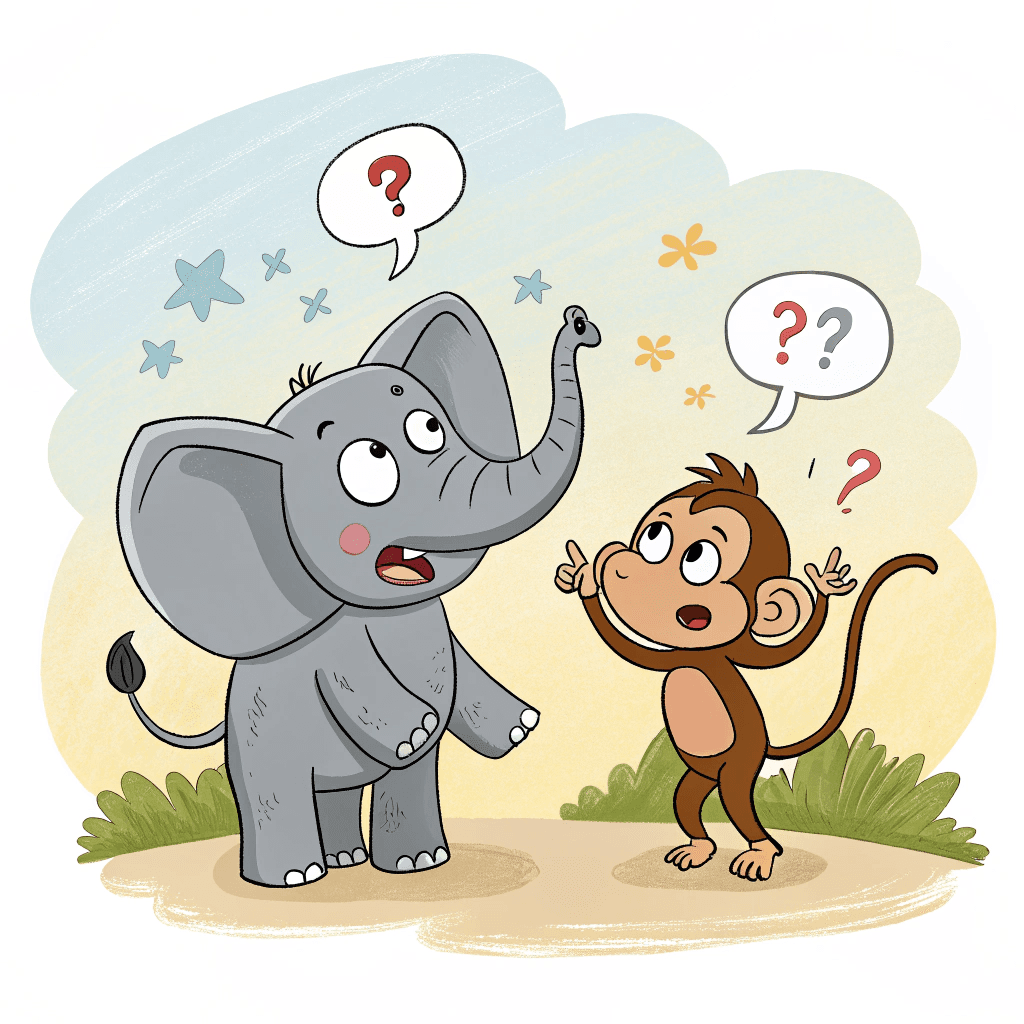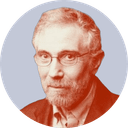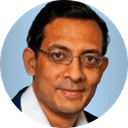
ONE LENS MEDIA
"How You Engage Matters"

ONE LENS MEDIA
"Rethinking communication as a strategic function"

ONE LENS MEDIA
"Partnering with individuals and institutions to be seen and heard"
Who we are?
We are a pan-African health and science content communication, packaging and messaging company that translates complex health data and information to drive engagement and action.
We utilize innovative communication strategies to bridge the gap between information asymmetry and data complexity with everyday understanding.
We solve for a need for engaging content, actionable insights and well packaged information from the health and science industry to the public.
We partner with a wide range of organizations, institutions and individuals who require a team with health sector, science communication and media experience.
We invite you to think of communication not merely as simplifying jargon to everyday language or media as press releases, but as core strategic functions.
Our Approach
Discover Our Offerings
Why Choose One Lens Media?
From Local buy in to Community ownership | Stakeholder Engagement to Public Participation | Misinformation to Disinformation | Demand Creation to Client Retention | Resource Mobilization to Partnership
Health Expertise
We bring a deep understanding of the African health and science landscape, trusted by professionals and practitioners to ensure that content retains its accuracy.
Data-Driven Insights
We transform complex health and science data into actionable insights, empowering decision-makers and stakeholders including the public and community members.
Innovative Communication
Our approach goes beyond traditional media, leveraging cutting-edge technologies and strategies to maximize engagement and impact.
Collaborative Partnerships
We work closely with a wide range of organizations and fostering partnerships that ensure our solutions are tailored to local context and needs.
Communication Confusion

Why We Do It? - "For the Nobels"

Long ago I studied international economics with the great Charles Kindleberger, famous not just for his insights but also for his bon mots. One line I took to heart — he was talking about the balance of payments, but it applies equally well to many subjects in economics — was that people always want a single number, but what they really need is a story.
Nobel Laureate Paul Krugman, Economist
Made this statement about Charles Kindleberger on Twitter on October 16, 2022

I was learning that succeeding at a research institution like Penn required skills that had little to do with science. You needed the ability to sell yourself and your work.
Nobel Laureate Katalik Kariko, Biochemist
In Breaking Through, memoir of a life in science.

Research must be only part of the process of combating poverty. He argued that to translate findings into policy, there must be 'several layers of persuasion that sit on top of the evidence. The evidence is essential, but once you have the evidence, you still need the bandwidth to take it to the next layer'. Those efforts, he argued, should be directed at persuading media members and policy makers that a particular study is worth their attention.
Nobel laureate Abhijit Banerjee, Director of the Abdul Latif Jameel Poverty Action Lab (J-PAL)
At a Harvard Chan Studio Session.